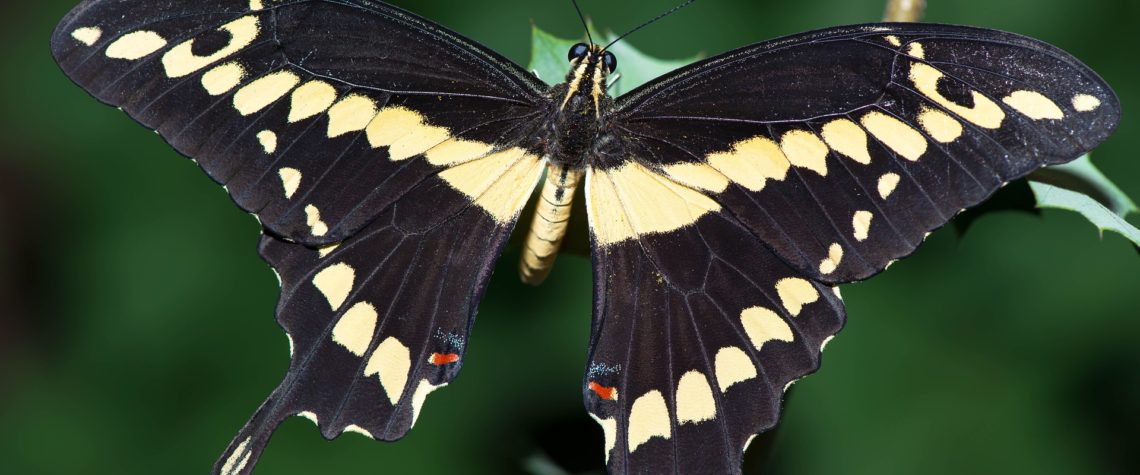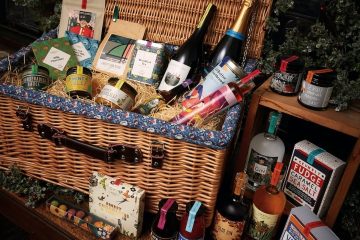Wildlife is at risk. Last year, the UK missed almost all of its 2020 nature targets it signed up to a decade ago, according to a recent report, so the aim for 2021 is to undo some of this long standing damage.
Many areas in the UK are seeing ongoing declines in nature due to habitat loss, agricultural pollution and low public awareness. But there are plenty of small actions we can all take to protect wildlife, particularly when it comes to our gardens.
The gardening experts at The Greenhouse People offer their top tips on how you can welcome wildlife into your garden and boost its biodiversity…
Making your own compost heap from kitchen and green waste can create the perfect home for minibeasts like worms, snails and woodlice, as well as larger wildlife like hedgehogs, toads and grass snakes.
The ideal bin is one made from sustainable slatted wood, allowing wildlife to clamber in and out of the heap as they please.
Regularly add alternating layers of green (nitrogen-rich) materials like grass cuttings, weeds and uncooked vegetable peelings and brown (carbon-rich) materials like leaves, wood chippings, shredded paper and cardboard, and sticks.
You can also use your home-grown compost as an eco-friendly way of heating your greenhouse. Small compost bins located around the greenhouse can create microclimates, or you can dig compost trenches in the floor to keep the heat up through winter.
Create a hedgehog hub
 Hedgehogs are a gardener’s best friend; these often-overlooked creatures help keep garden pests in check without the need for harsh chemical pesticides.
Hedgehogs are a gardener’s best friend; these often-overlooked creatures help keep garden pests in check without the need for harsh chemical pesticides.
Encourage hedgehogs to pay a visit by leaving out water in a shallow bowl, together with specialist food from wildlife food suppliers. They’re also rather partial to tinned dog or cat food (not fish-based).
Get your neighbours involved too and link up your gardens by making small holes in fences at ground level to offer hedgehogs an easy path through. Log piles will also offer them a dark and sheltered safe space for breeding and hibernating.
Install a wildlife-friendly water feature
Water features, like a bird bath or a pod, are a low maintenance way of attracting wildlife and supporting a diverse ecosystem in your garden.
 Try to stick to rainwater which should naturally collect and build up. A little light shade stops your water feature drying out during hot summer afternoons and helps to slow algae growth.
Try to stick to rainwater which should naturally collect and build up. A little light shade stops your water feature drying out during hot summer afternoons and helps to slow algae growth.
If your water feature has a filter, keep the nutrient-rich sludge that collects over time and use it as a natural fertiliser to feed your plants.
Attract nocturnal hunters
We are lucky enough to have 18 species of bat in the UK, although many are now endangered due to habitat loss.
 Bats feast on mosquitos, moths and more, but these flying mammals are more than just insect control. Their excrement is a natural, long-lasting fertiliser which works in many types of soil. To attract bats plant night-scented flowers, reduce your artificial lighting or you can even put up a bat box to encourage them to roost.
Bats feast on mosquitos, moths and more, but these flying mammals are more than just insect control. Their excrement is a natural, long-lasting fertiliser which works in many types of soil. To attract bats plant night-scented flowers, reduce your artificial lighting or you can even put up a bat box to encourage them to roost.
These nocturnal hunters are legally protected in the UK, so always check if bats are in residence when building works are being planned or tree surgery is required.
The UK has lost 97 percent of its species-rich meadows since the 1950s, leaving many small animals and insects without a home.
Opting for a “wild” garden can help reverse this trend and save you time on gardening work.
Scatter wildflower seeds over a patch of unused lawn to create a pollen-rich haven for bees, butterflies and insects. Grow climbers like ivy and roses to give year-round cover for birds and relax when it comes to weeds. Plants such as nettles, daisies and buttercups are important sources of food for critters
Capture your visitors on camera
To get to know your garden and see the results of your hard work, you could consider installing an outdoor wildlife camera somewhere discreet.
These clever devices monitor all activity in your garden through motion sensors and many on the market also have night modes to capture visits from nocturnal animals too.
















